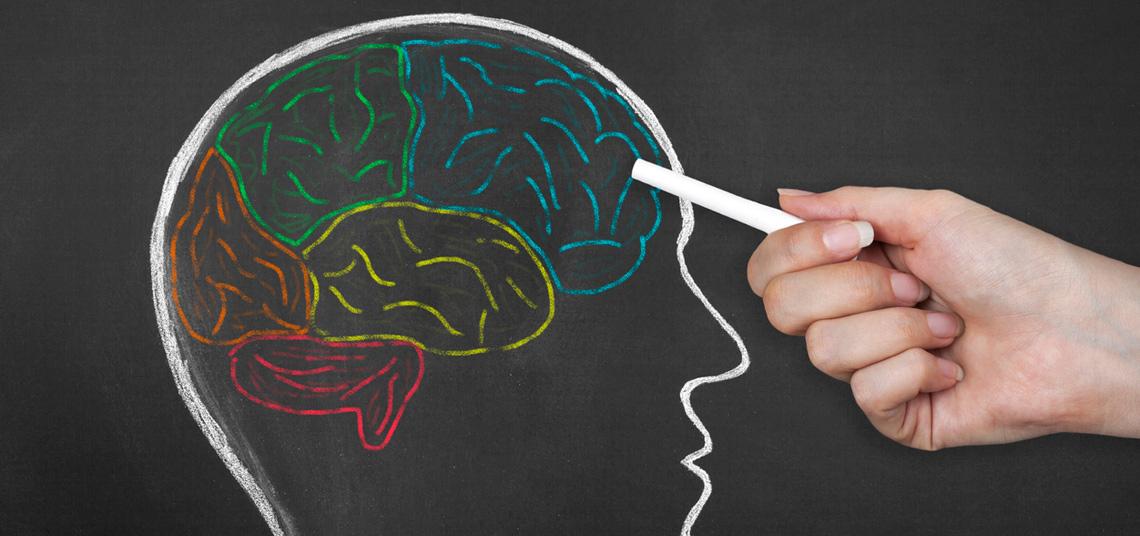
When we have to study, what we have to do is memorize the text in front of us so, when push comes to shove, we don't make a mistake when answering a question.
Phases when memorizing
- Understanding: It is about knowing how to understand information.
- Fixation: It is acquired with the repetition of the phrase or concept that we have to memorize.
- Conservation: Maintain that knowledge that we try to fix.
- Evocation: Having the ability to bring to mind what we have learned.
- Recognition: Know how to relate knowledge.
Keys to increasing memory capacity
- Make sure that all your senses are turned into learning what you are studying in order to avoid possible distractions.
- Classify the knowledge. Try to distinguish the important knowledge from those that are nothing more than to fill pages, without showing us anything conclusive.
- Grasp the meaning of what you are studying.
- Demand relate what you study with images. For example, if you study some history, imagine people; or if it is a law, imagine how they sign it, who is in front of it and what it is about (imagine what they are talking about).
- Avoid repeating things several times, it is best to learn them in our own words.
- Review the topics using schematics or summaries, they will help you to fix the knowledge knowing that you do not have the topics or modules in front of you and you will force your mind to have to learn them.
Problems when memorizing
- Lack of concentration.
- The issues are not well understood.
- Stress.